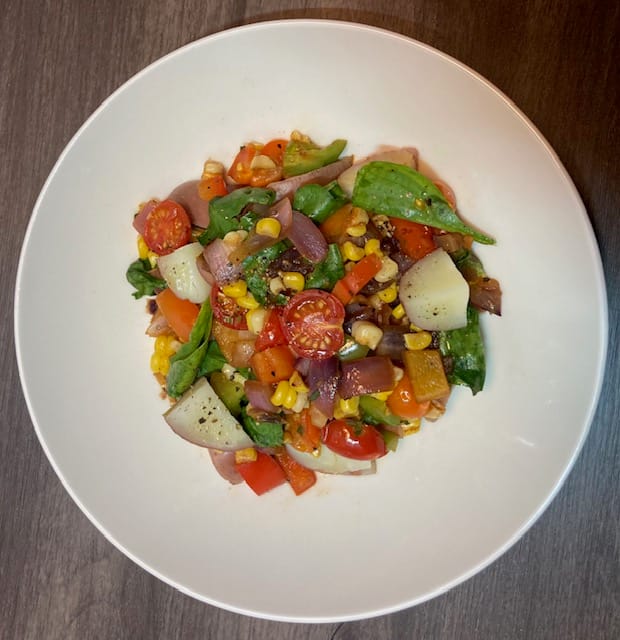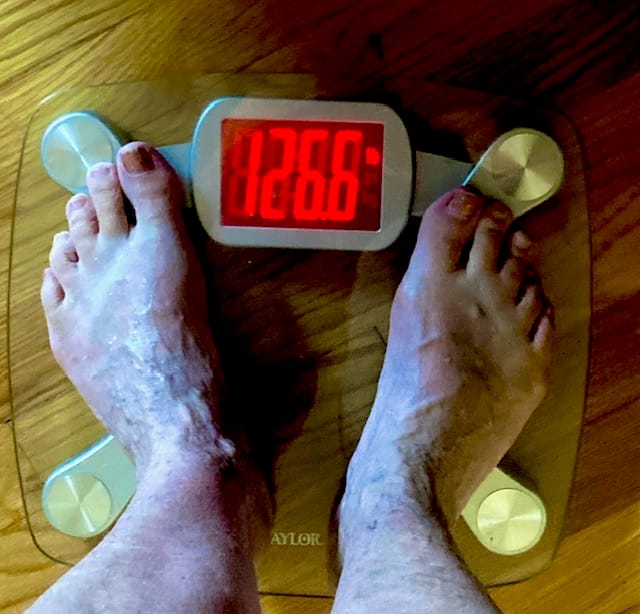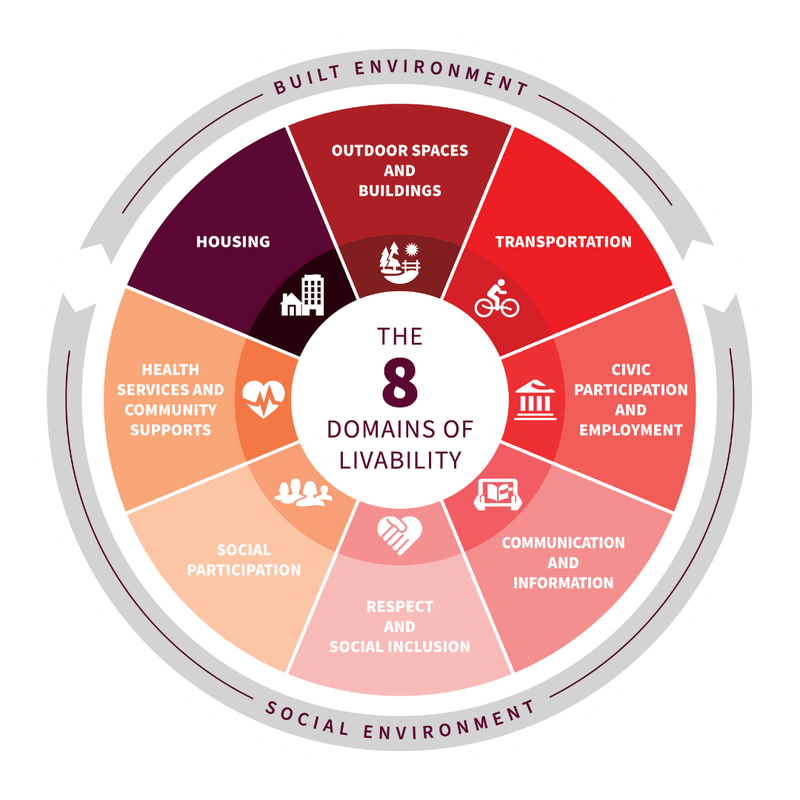Chews Life Now! Be the author of your best life
While T2DM may be associated with a genetic predisposition as well as some genetic predisposition to obesity, researchers have found that diet can act as a switch to turn off the genes programmed to develop disease. This marvelous process, known as epigenetics – epi from Greek meaning above – descr



If ever there was a story humans with Type 2 Diabetes (T2DM) could rewrite with a happier ending using a whole food, plant-based diet, here’s your chance. According to the U.S. Surgeon General, 80% of those with the disease are overweight ranging from 11 to 29 lbs. over the recommended healthy range of 18.5 – 24.9 BMI (Body Mass Index) to morbidly obese at 80 lbs. over the recommended healthy range. Am I talking about you? Long story short, fat cells tend to become resistant to insulin over time.
In my second edition of Chew Life Now!, I shared that around 36 million Americans suffer from the disease whose complications/symptoms range from heart/coronary disease, kidney disease, nerve damage, various skin conditions, eye issues, dementia, poor wound healing, and the list goes on. Ugly stuff. Overall, diabetes is the 7th leading cause of death in the U.S. (Diabetes.org July 2022)
Sadly, researchers think there are as many as 8 million individuals yet undiagnosed by this silent killer whose effects can be traced some 13 years before full-blown diagnosis – frequently with a stroke or heart attack. Could you be one of them? People who are overweight are six-times more likely to develop T2DM. Just like coronary artery disease, its childhood victims are growing exponentially. From 2001 to 2017 the number of those under the age of 20 living with T2DM grew by 95%. (Centers for Disease Control, Aug. 2021)
While T2DM may be associated with a genetic predisposition as well as some genetic predisposition to obesity, researchers have found that diet can act as a switch to turn off the genes programmed to develop disease. (Medical News Today, Is type 2 diabetes genetic? 8/2021) This marvelous process, known as epigenetics – epi from Greek meaning above – describes a process that is beyond the genetic code. (National Library of Medicine)
In other words, the days of resigning yourself to your genetic fate are over. You’re in control. You don’t have to play the victim any longer.
In control of what? How does diet and exercise affect T2DM onset?
Unlike Type 1 diabetes – T1DM – a genetic disorder that often presents in childhood/adolescence when the pancreas does not produce insulin, people with T2DM make less insulin over time and their bodies become resistant to insulin because of the metabolic changes associated with the simultaneous factors of dietary choices, unhealthy weight, and lack of physical activity.
Insulin is an essential hormone that regulates blood sugar or glucose so it can enter the body’s cells and use it for energy. Including muscles and the brain. Any extra glucose is then stored in the liver as fat to be used later if needed.
But if you eat foods which constantly stimulate insulin production including trans fats from cookies and junk food like chips; highly processed foods including microwave dinners, deli meats, hot dogs, and/or frozen pizza, for example, and/or consume fried foods you prepare or purchase from fast food establishments, the pancreas becomes overwhelmed producing insulin. The otherwise efficient metabolic system begins to break down.
Additionally, you’ll continue to gain weight consuming multiple unhealthy meals a day – plus snacks and often sugary drinks – consisting of processed foods which are high in sodium and calories and low to empty in nutritious value. The more weight gained over time, the more vulnerable you become to T2DM. As mentioned, diabetes onset symptoms begin, on average, 13 years before diagnosis.
Though not an official disorder, the Cleveland Clinic dubs this obesity and Type 2 dilemma, diabesity.
“So, your pancreas creates even more insulin trying to accomplish the job of moving glucose out of the blood,” says endocrinologist, Jay Waddadar, MD, Cleveland Clinic. “It’s trying to push against the resistance created by the fat [in your liver]. Your pancreas becomes overworked, and as a result, it wears out. It starts producing less insulin. Diabetes develops and then quickly worsens if the fat resistance remains.”
Losing as little as 5% to 10% of your total body weight can improve your health. According to the T. Colins Campbell Center for Nutrition Studies, a whole food, plant-based diet reduces T2DM by 12%.
Check out all the delish recipes at https://www.masteringdiabetes.org including Mini Potato Hash (recipe below) and commit today to consuming less processed, refined foods. (Or serving them to your family.)

Exercise can lower blood glucose levels and increase insulin responsiveness. In reports in both Harvard Health (Aug. 2023) and the CDC, people engaging in both aerobic and resistance exercise 1-3 hours after eating up 150 minutes per week, including brisk walking, can lower blood glucose levels and simultaneously increase insulin responsiveness. Come on, folks, that’s like 22 minutes a day. You got this!
I weighed 165 lbs. on Oct. 1, 2021, the day I found a lump the size of a grape on my right thyroid. At 5’5”, that put my BMI at 27.5 and at risk for diabetes. Use the BMI Calculator now and take the quiz: https://www.cdc.gov/healthyweight/assessing/bmi/adult_bmi/english_bmi_calculator/bmi_calculator.html
Almost 2 years later, my cancer is in remission, and I weigh 126 lbs. From where I stand, it’s not about celebrating the final achievement. The real victory is in finding the courage to pick up that proverbial pen and keep writing the plot of your own life’s story.

Mini Potato Hash from Mastering Diabetes
2 Servings
1 ½ lbs potatoes in 1/2 “ to 1” chunks
¼ cup low-sodium vegetable broth
2 medium onions chopped
½ celeriac root peeled and grated (Carolyn did not use)
1 medium green pepper chopped
1 medium yellow pepper chopped
1 cup fresh or frozen kernel corn
4 leaves spinach chopped
½ tsp pepper
2 tsp paprika
1 tsp dried rosemary crumbled
1 cup tomatoes halved
Directions
- Bring a large pot of water to a boil and cook the potatoes for 7 to 10 minutes or until the potatoes are just starting to soften. Drain and set aside.
- In a large pan heat up the vegetable broth and add the onion and celeriac root. Saute for 5 minutes.
- Add the green and yellow peppers and continue to saute for another 5 to 7 minutes or until they have softened. Add a little more broth as needed so the vegetables don’t stick to the pan.
- Add the black pepper, paprika, rosemary and mix thoroughly.
- Add the cooked potatoes and corn and cook for another 5 minutes. If you are adding the tomatoes to the cooking dish, add them now. If you are using them as a garnish or side dish, leave them for when you plate the hash.
- Lastly, add the spinach and stir until the leaves are wilted. Serve immediately.
Notes
You can prepare and cook the potatoes the day before and keep in the refrigerator until you are ready to use them in the hash. The tomatoes and spinach can be used as a side dish with a sprinkle of lemon juice.
Note: The writer’s experiences and observations are intended for informational purposes only and are not intended to provide medical advice about the avoidance, diagnosis or treatment of any medical condition. Medical advice should be sought from a qualified healthcare professional.





